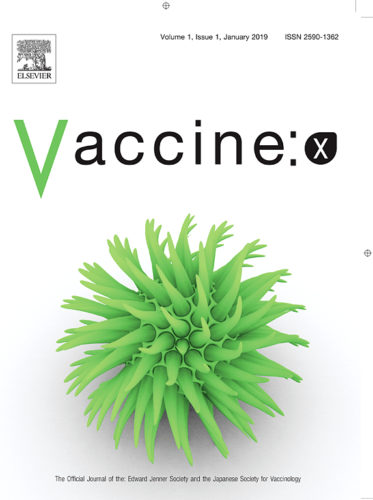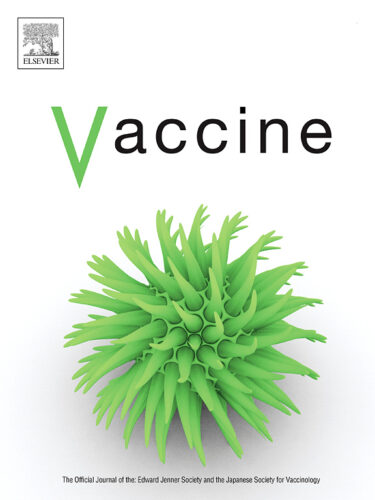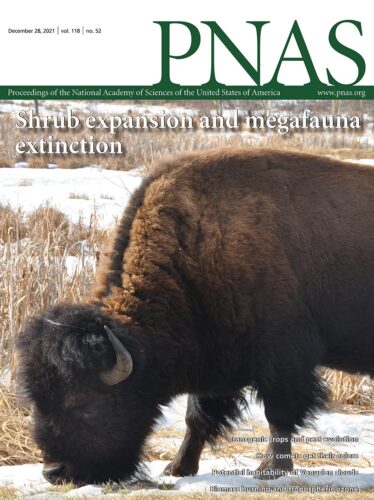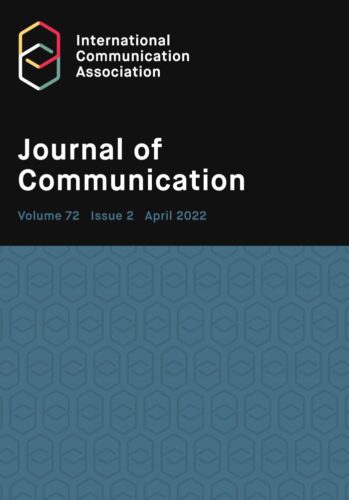A colloquium with climate scientist Michael E. Mann and former Australian P.M. Malcolm Turnbull inaugurated the Penn Center for Science, Sustainability and the Media.
Science of Science Communication
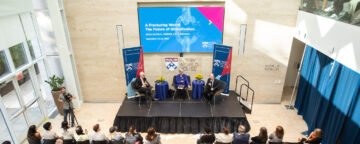
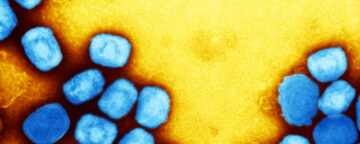
Public Knowledge of Monkeypox Increases But Over 1 in 4 Unlikely to Get Vaccinated if Exposed
A survey shows public knowledge about monkeypox has increased rapidly in recent weeks, though misconceptions and uncertainty persist.

Despite Awareness of Covid-19 Risks, Many Americans Say They’re Back to ‘Normal’
Many Americans know of the potential risks Covid-19, but growing numbers say they have returned to living their “normal” pre-pandemic lives, according to APPC's July 2022 survey.
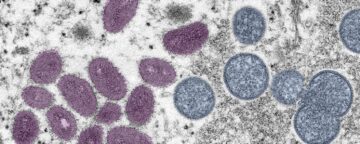
Survey: 1 in 5 Americans Fear Getting Monkeypox but Many Know Little About It
Some in the public have begun to voice concern about the new health threat of monkeypox, according to a new Annenberg Public Policy Center national survey.
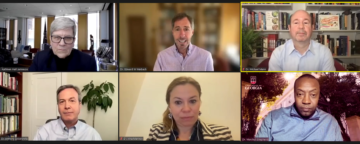
Climate Scientist Michael E. Mann Leads Annenberg Seminar on Climate Action
Climate scientist Michael Mann led the panel "Urgency, Agency, and Climate Action: The Role of Communication" for the spring Annenberg Seminar.

The Great and Powerful Dr. Oz? Alternative Health Media Consumption and Vaccine Views
After Dr. Mehmet Oz endorsed the MMR vaccine on “The Dr. Oz Show,” significantly more people in a segment of his audience regarded the MMR and flu vaccine as low-risk.
